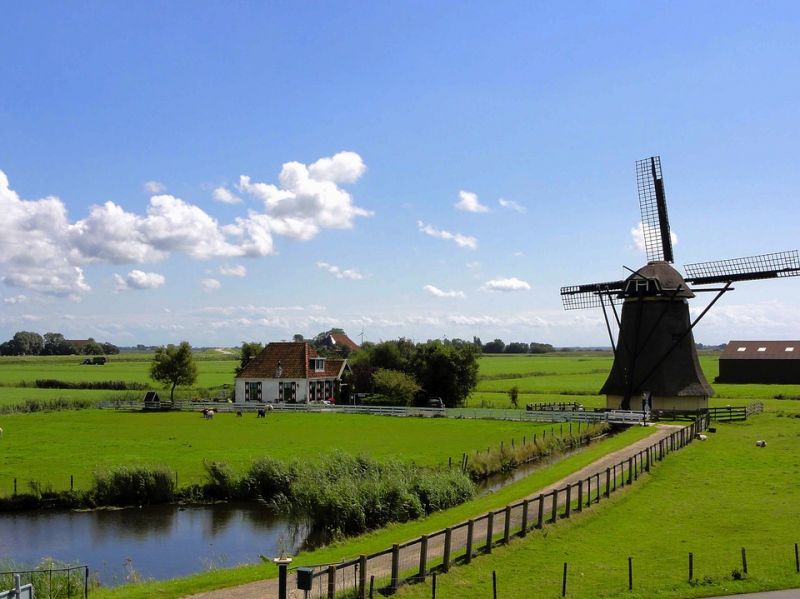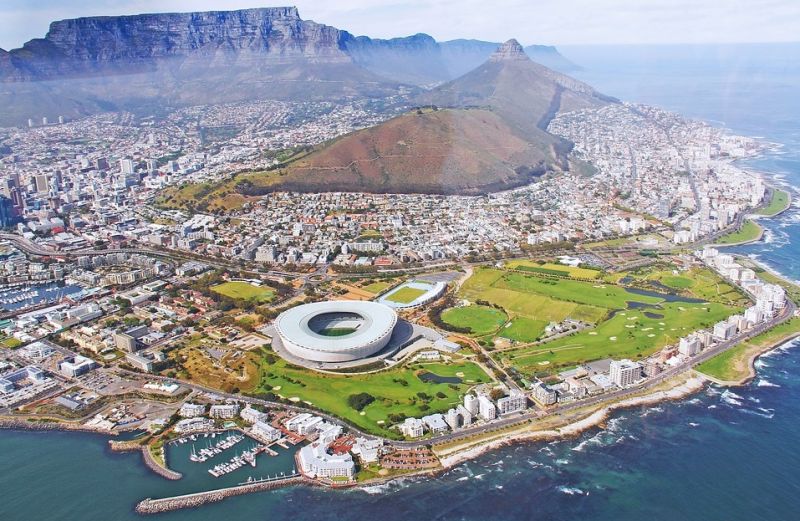“Never Again” – the Answer to Driving Change
Published on by Jason Mingo, Project Manager, Western Cape Department of Environmental Affairs and Development Planning in Academic
By combining different experiences and applying our contextually relevant situation to our institutional structures and challenges, we are able to unite behind a stance of “never again” to drive positive change.
 On the 31st of January 1953, a wind storm was brewing in the North Sea, not an unusual event during winter time in Europe. At this time, the Netherlands was still in recovery mode following the devastation of the Second World War and as such, priorities were placed on boosting post war recovery efforts.
On the 31st of January 1953, a wind storm was brewing in the North Sea, not an unusual event during winter time in Europe. At this time, the Netherlands was still in recovery mode following the devastation of the Second World War and as such, priorities were placed on boosting post war recovery efforts.
Warnings regarding coastal defences and the poor state of existing dykes had largely gone unnoticed up until this point. By the evening of the 31st of January, the wind storm had coincided with a spring tide creating swells of more than 5 meters. The culmination of all these factors resulted in the perfect storm, which devastated the lower lying areas of the Netherlands (consider over 25% of the land is below sea-level) in one of nation’s worst natural disasters. An estimated 1 836 Dutch lives were lost, with extensive damage to infrastructure and agriculture production areas.
For the Netherlands, the disaster was the second such event following the damaging floods in 1916. The Dutch people were galvanized into action, having experienced the exposure of their vulnerability, a stance of “never again” was taken. This led to the commissioning of the Delta Works, a programme which considers eventualities at the scale of 1 in 10 000 years with a commitment of €100 billion by 2100 to further secure coastal and river protection measures.
The commitment shown to driving a vision beyond political influences, has resulted in what was once a liability to become a sense of pride for the Dutch.
 The City of Cape Town is currently within one the worst recorded droughts, to the point where the likelihood of a so-called “day zero”, the scenario where water is no longer fed to the taps in homes and businesses, is an ever-growing reality. The result is that beyond the criticisms of officials and the political football the water crisis has become, the response we should be hearing is that this is our “never again” moment . We need a dedicated, concerted and coordinated effort to manage the drought beyond the short term crisis solutions. As a City and as the Western Cape Province the experience must completely transform the existing structures to drive water security ensuring, to the best of their ability, to never experience this situation again. The benefit of the current position is that it isn’t difficult to determine how best to achieve this, as we can harness the experiences of the Dutch, the Australians and Californians.
The City of Cape Town is currently within one the worst recorded droughts, to the point where the likelihood of a so-called “day zero”, the scenario where water is no longer fed to the taps in homes and businesses, is an ever-growing reality. The result is that beyond the criticisms of officials and the political football the water crisis has become, the response we should be hearing is that this is our “never again” moment . We need a dedicated, concerted and coordinated effort to manage the drought beyond the short term crisis solutions. As a City and as the Western Cape Province the experience must completely transform the existing structures to drive water security ensuring, to the best of their ability, to never experience this situation again. The benefit of the current position is that it isn’t difficult to determine how best to achieve this, as we can harness the experiences of the Dutch, the Australians and Californians.
The Dutch – their principle of collaborative planning for water (polder model), exceeds the age of their own government system, demonstrating the value and worth of engaging and participatory approaches for water management.
The Australians – following the experiences of the millennium drought, the integration of water sensitive planning and design development and research was improved through significant investment. This led to the strengthening of the triple helix (Government – Industry – Research) to implementing and driving solutions.
The Californians – echoing the call made by specialists, the need for better groundwater regulation is key to ensure the sustainability of supply. The plundering of groundwater resources within California and the legacy effects of such an approach are a dire warning of the long term impacts of unmanaged, unregulated access to such a vital resource.
By combining these different experiences and applying our contextually relevant situation to our institutional structures and challenges, we are able to unite behind a stance of “never again” to drive positive change. Alternatively, can we really afford to wait for the perfect storm to end the drought?
Media
Taxonomy
- Water Scarcity
- Water Security
- Scarcity
- Drought
- Infrastructure
- Flood management
- Flood damage
- Flood Risk Management
- Governance & Planning
- flood protection